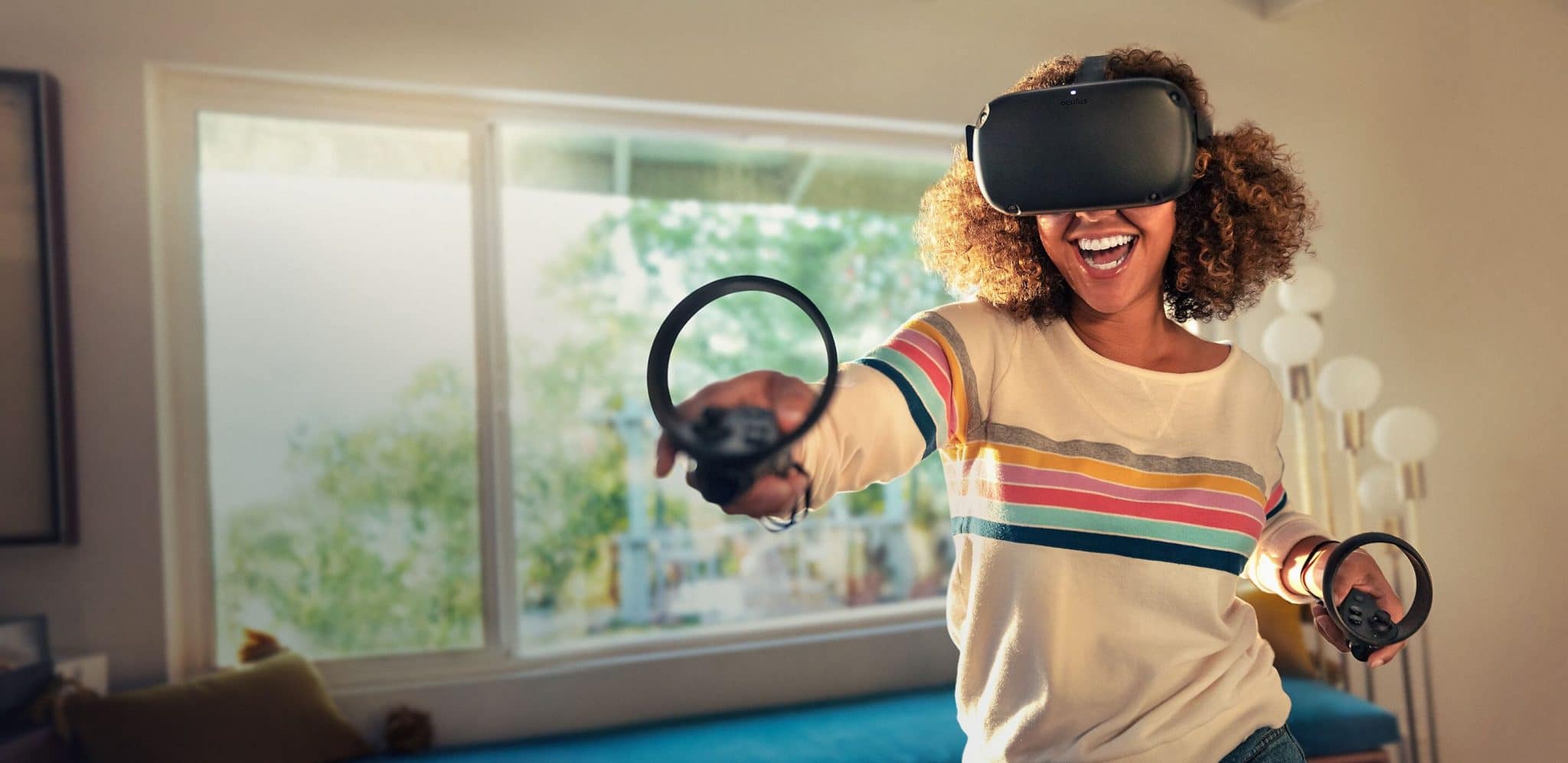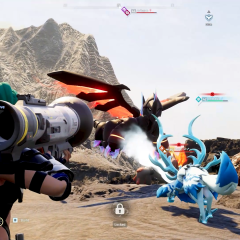Could you first introduce yourself to the reader?
I’m Sol Rogers. I have the wonderful job of inventing the future.
I am the Founder and CEO of REWIND, an immersive content studio with a passion for VR, AR, and MR. I’m also the Chairman of the BAFTA Immersive Entertainment Advisory Group and the Chairman of Immerse UK. Before founding REWIND, I was a senior university lecturer for 15 years in digital animation, VFX and emerging technology.
And could you tell us about your organisation?
REWIND is an immersive content studio that fuses bleeding-edge technology with award-winning creative storytelling.
REWIND combines its deep-rooted heritage in VFX and CGI production, with an industry-defining approach to VR, AR, and MR. We’ve delivered immersive experiences for some of the world's largest studios, agencies, and brands.
The team is formed of creative technologists, engineers, product designers, artists, and entrepreneurs—a collective of skilled immersive tech builders with a passion for innovation and problem-solving.
What is Uni to Unicorns about for you?
Everyone has to start somewhere. The more we can empower, educate, and inspire the next generation, the better
Are you more optimistic or pessimistic about the current direction of technology in society, and why?
I’m always optimistic about what technology can achieve and how it can progress society. Immersive technology can change lives for the better. You just need to look at what VR is doing for people with autism, depression, and phobias to appreciate this. However, if we are not careful, technology could create an even bigger society divide between those that have access to it and those that do not.
Does your organisation offer anything to young people?
We have a very close relationship with the University of Hertfordshire and help them whenever we can with events and advice for students looking to get into the industry.
In addition, the meetup we host - XRLO - is open to anyone over the age of 18. It is full of industry leaders and professionals, so it’s the perfect place to get advice and network if you’re just finding your feet.
Our doors are always open to any promising young people!
Have you seen any change in the industry over the last few years? Is it positive or negative?
There are many skeptics that love to cast doom and gloom over new technology, particularly immersive technology like virtual reality. While it’s true that the VR industry is moving slower than expected, there are certainly lots of good news stories out there.
The Oculus Quest, Facebook’s first standalone VR headset, has thrust VR into the consumer mainstream and helped it turn a corner. At the start of this year, VR passed an important milestone: more than 100 VR games have exceeded $1million in revenue.  Oculus Quest
Oculus Quest
Meanwhile, the fastest-growing segment of the VR market is enterprise. In particular, VR has made a big impact on training. VR-based training programs can reduce training time by 40 percent and improve employee performance by 70 percent, compared to traditional training.
What would you like to promote to young people at the moment?
In new industries like VR, AR, and MR, there is a steep learning curve. The rule book is still being written. You won’t leave university knowing it all - I’m still learning something new each day!
I think it’s important to stay curious and open-minded. Immersive tools and techniques are no longer confined to games studios. Now, these skills can be applied to numerous industries including marketing and film.
What is some advice you would give to a young person looking to find a job in the sector?
Stay up-to-date on the latest immersive trends and technology. Follow the topic on social media, attend webinars and conferences.
If you have limited experience, build something yourself and put it out there. The quality of your initial work may not be the best, but the commitment to building things and practicing in your free time will set you apart and shows you are serious about a career in XR.
Make connections. Approach companies whose work you admire, if they can’t offer a job perhaps they can offer advice. Joining groups on professional social networks can also help as many XR professionals belong to and network within these groups.
Start cross-training. Learn more than one skill set. For example, if you are a 3D artist, get training in animation as well.
Where can people find out more about the work you do?
You can see everything we’re up to on our social channels, Twitter (@rewind.co), Facebook (REWIND) and Instagram (@rewind.co), or on our website https://rewind.co.









0 Comments